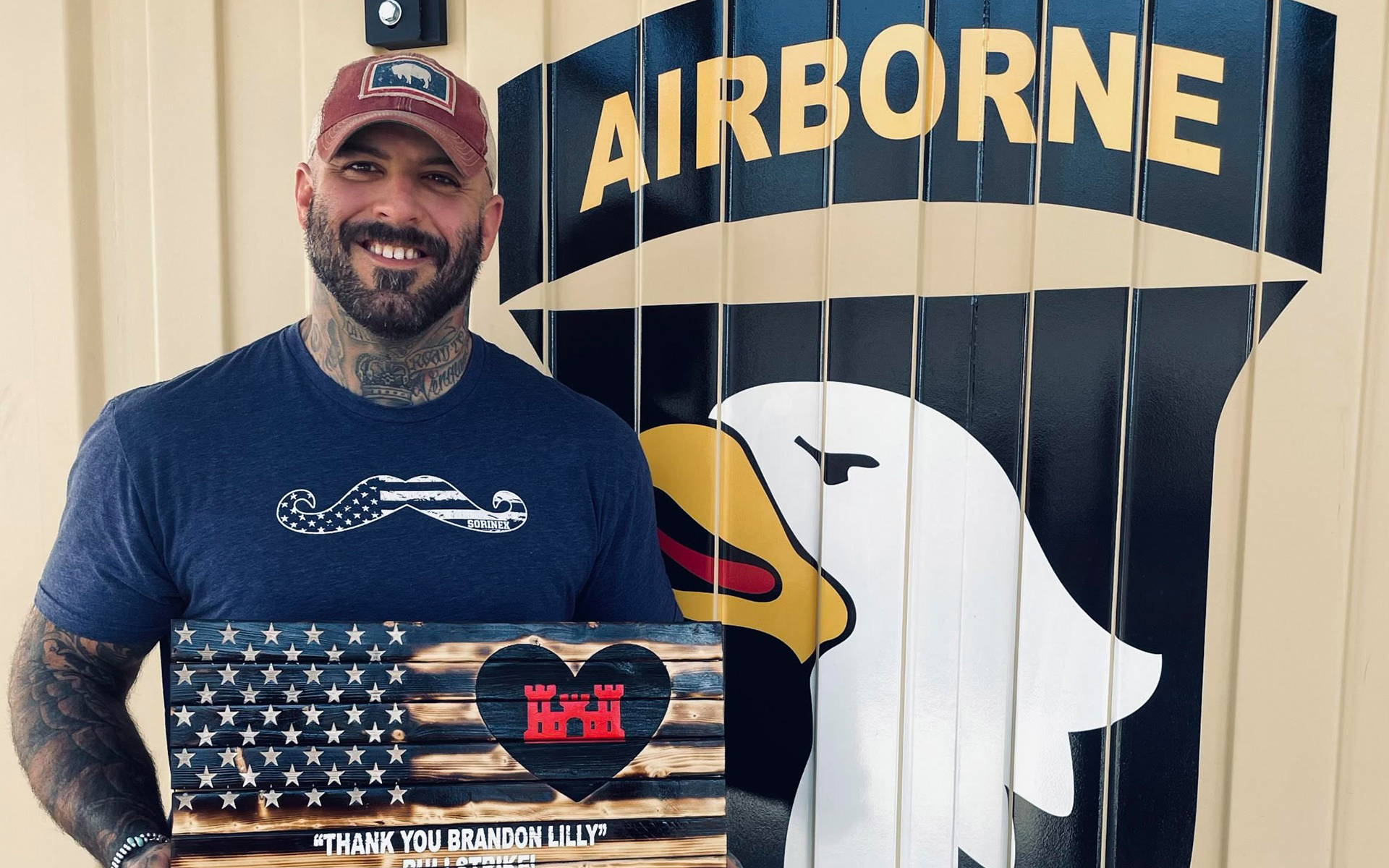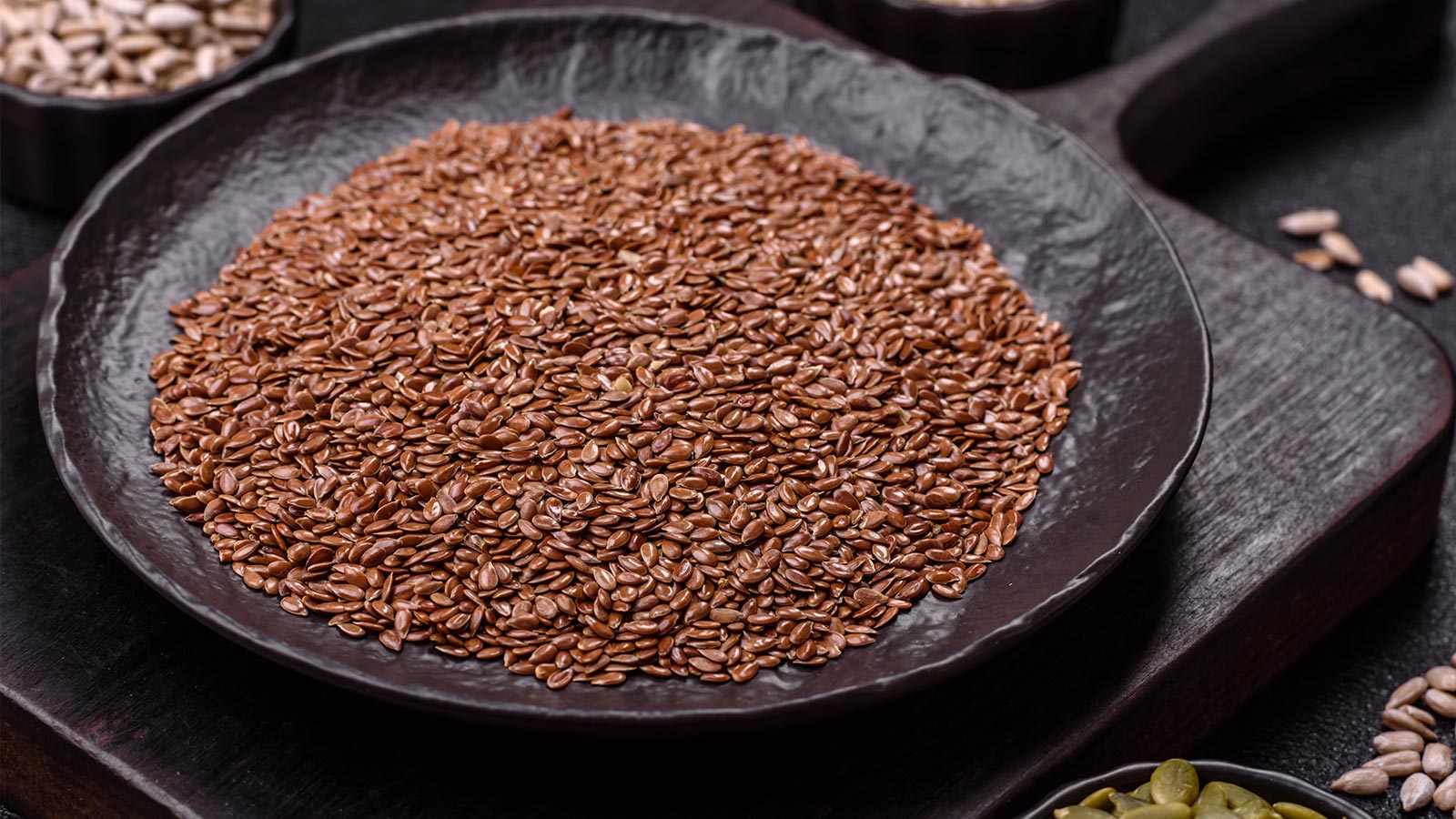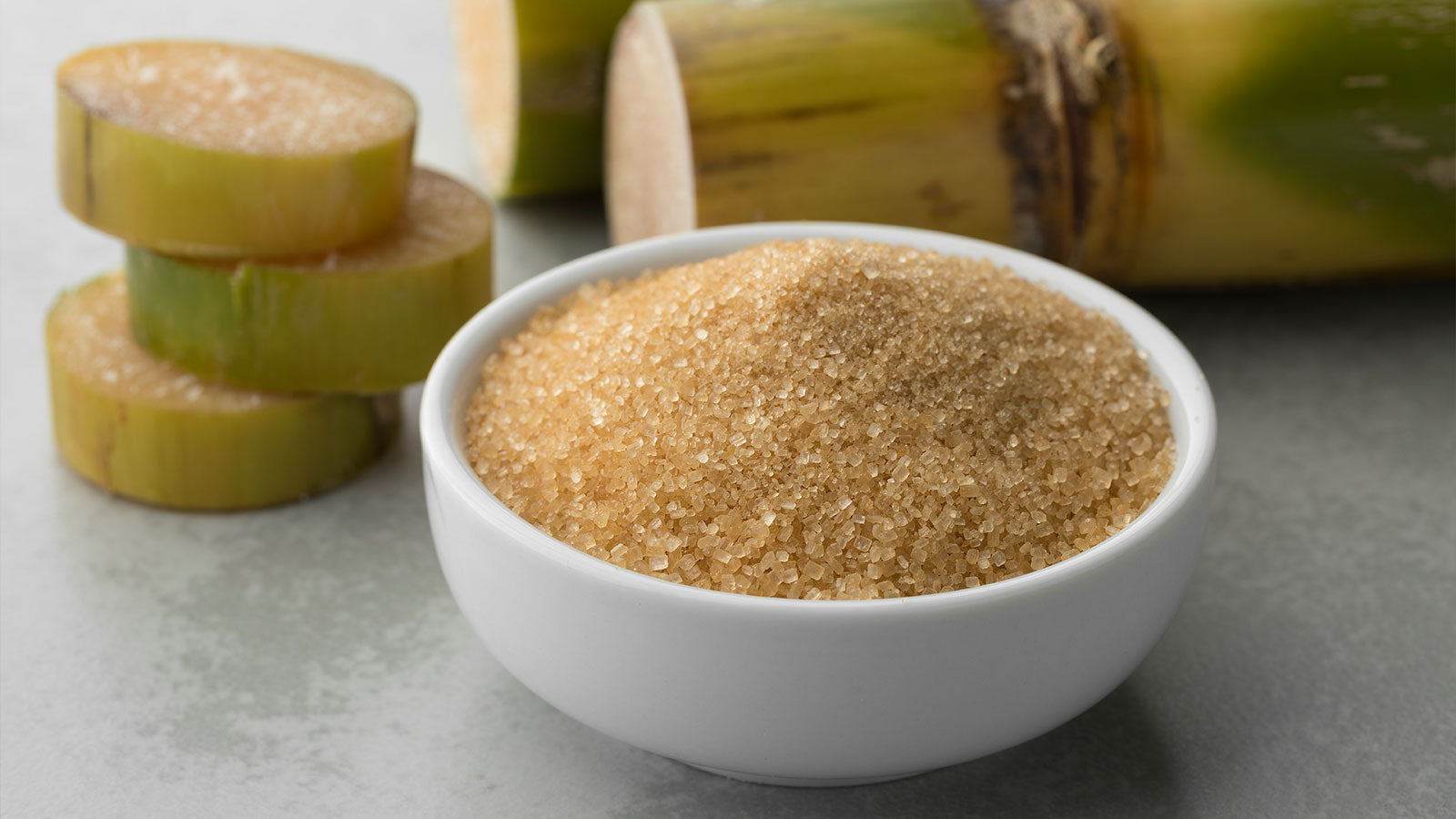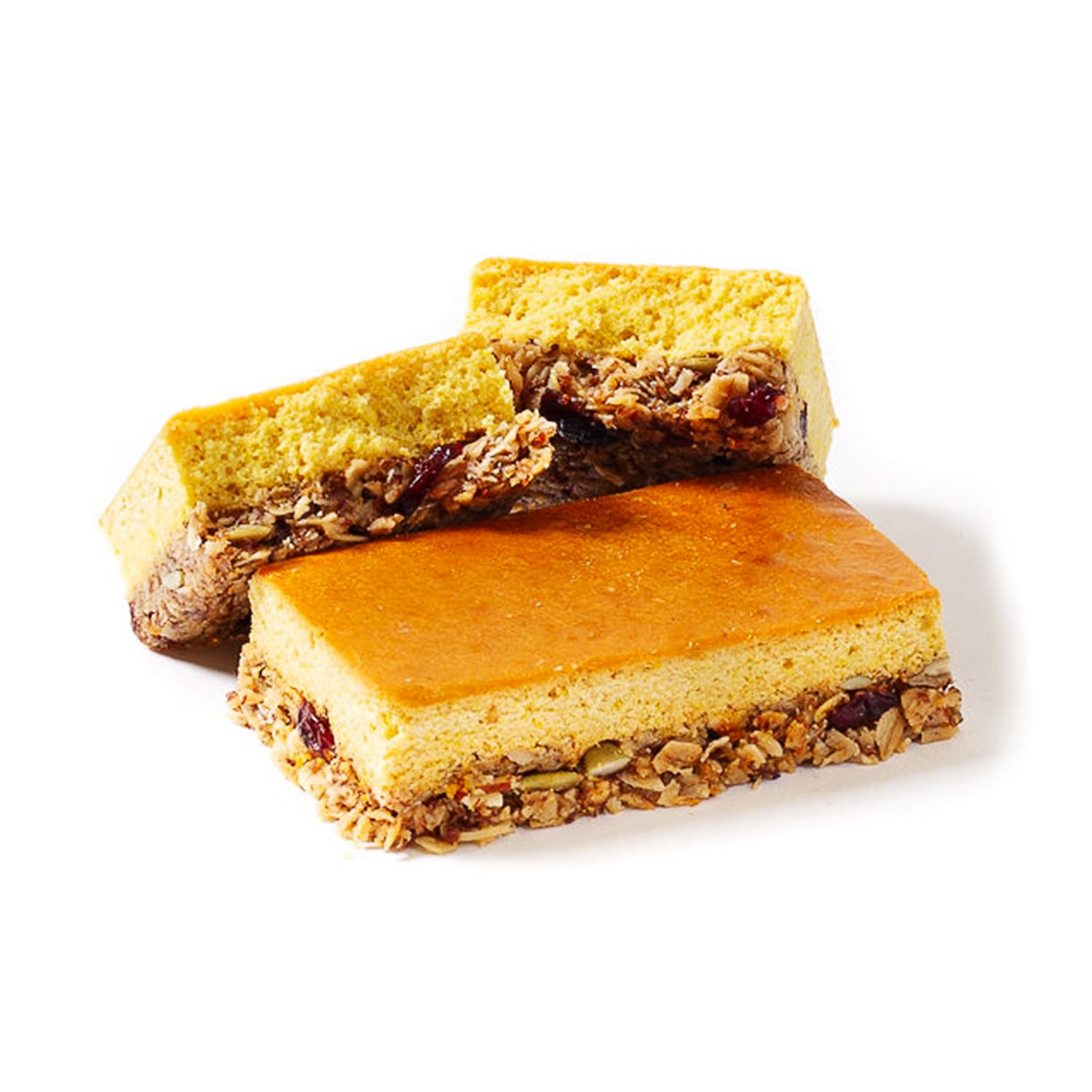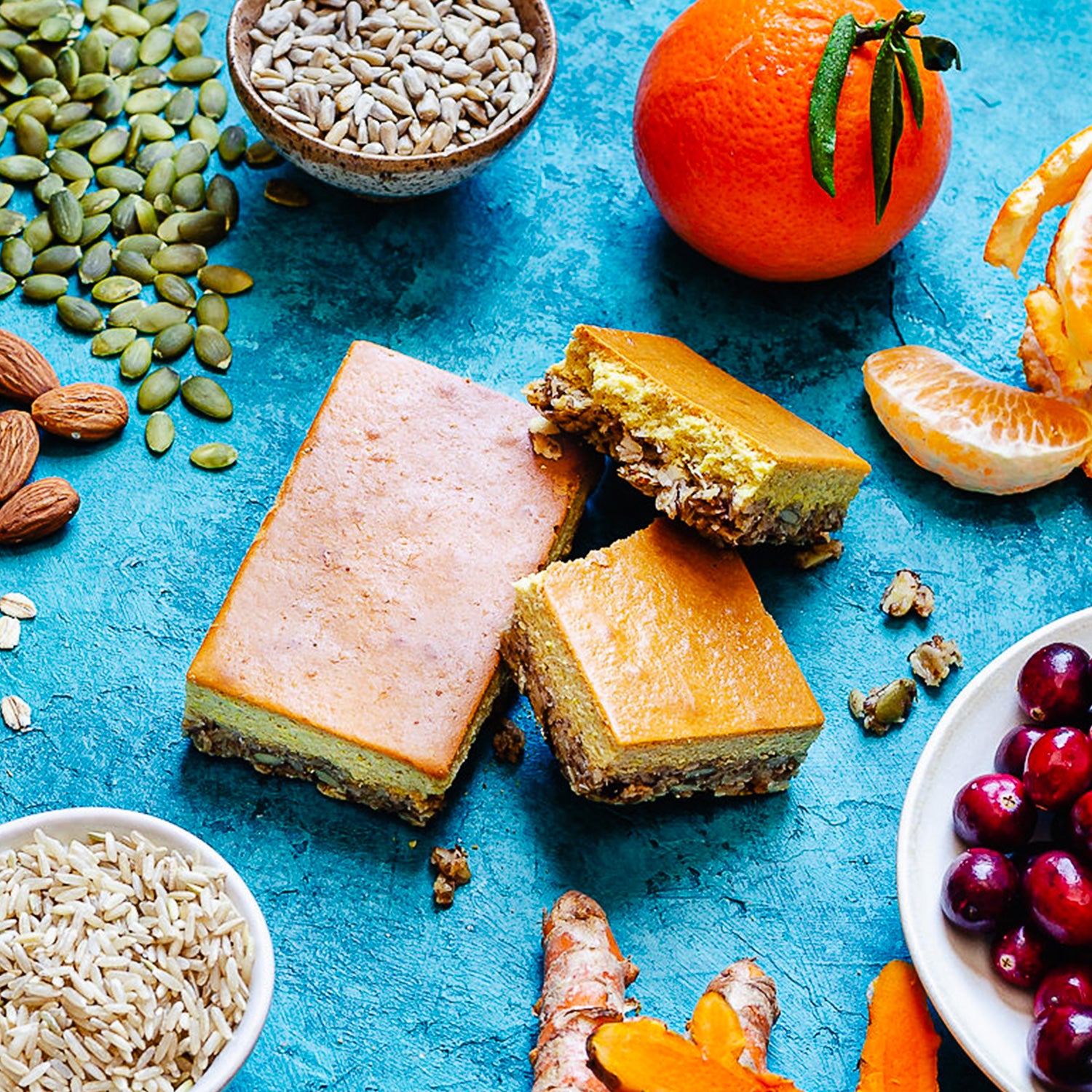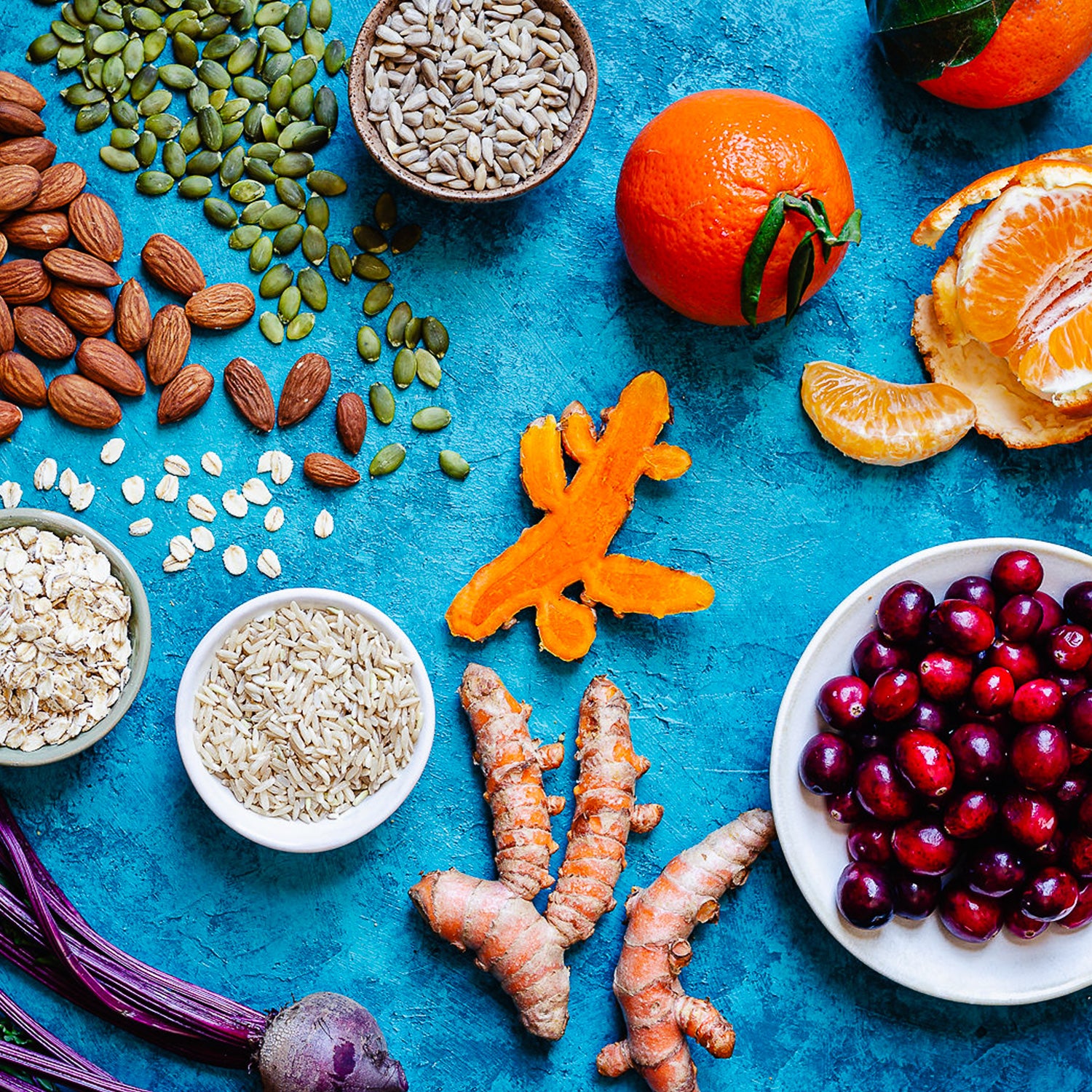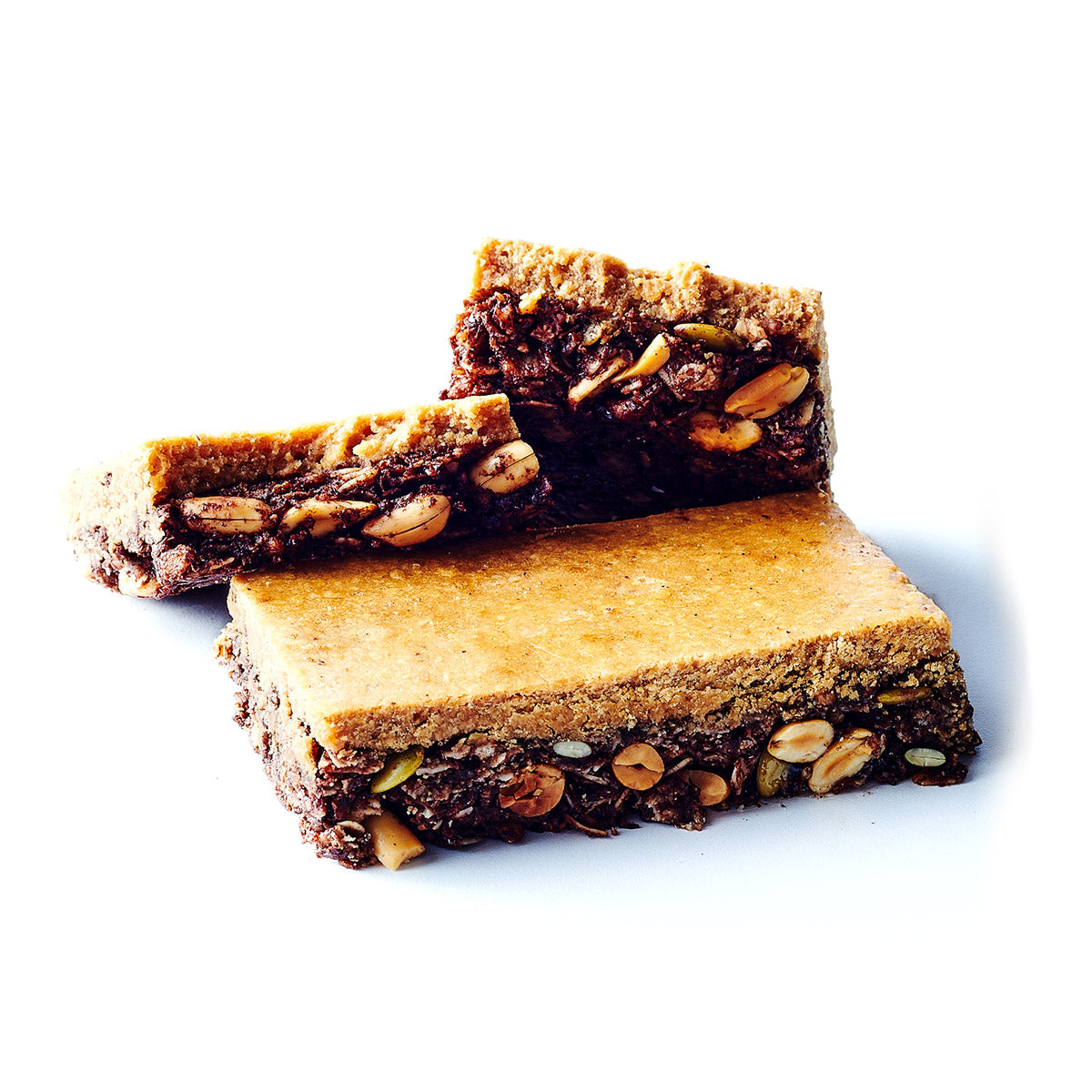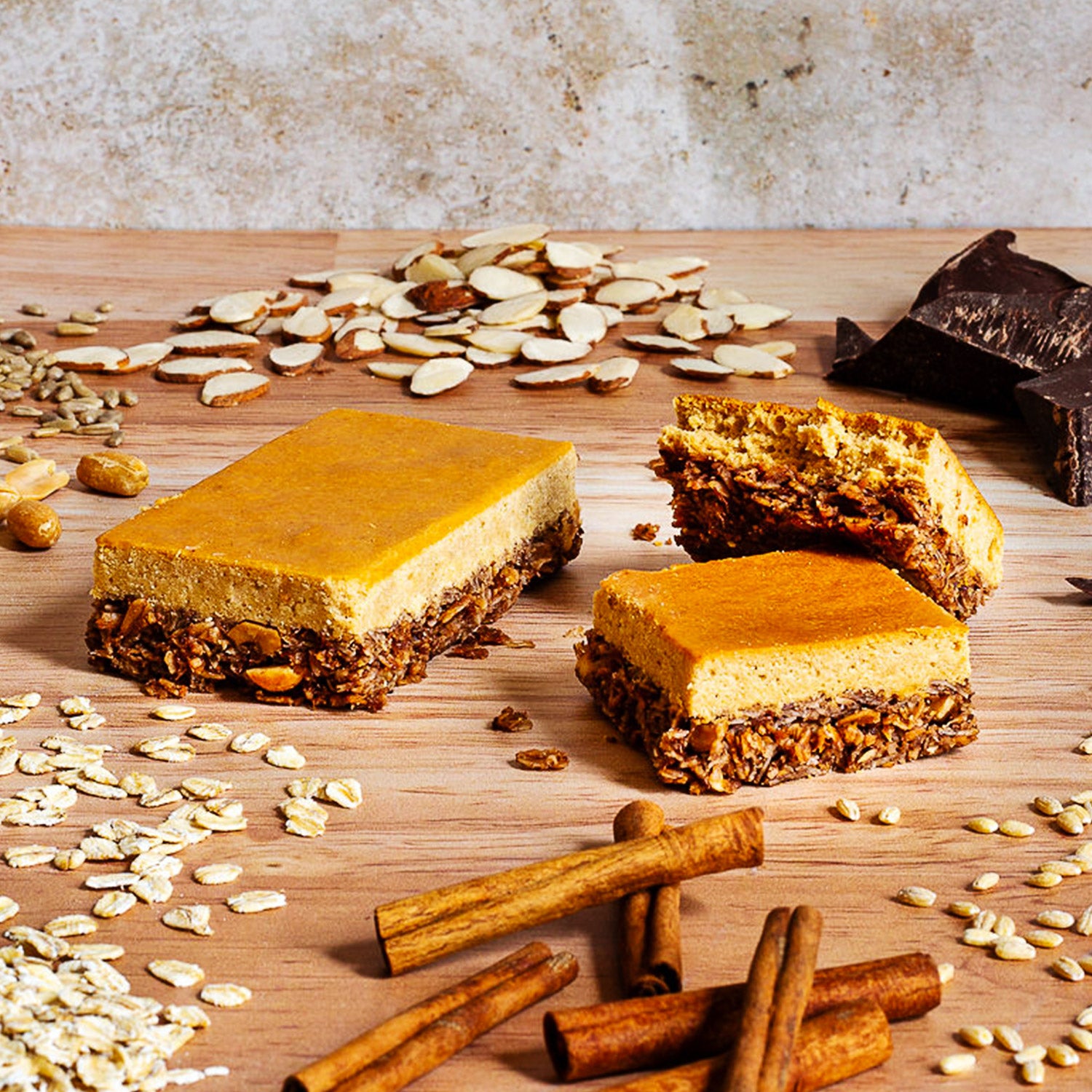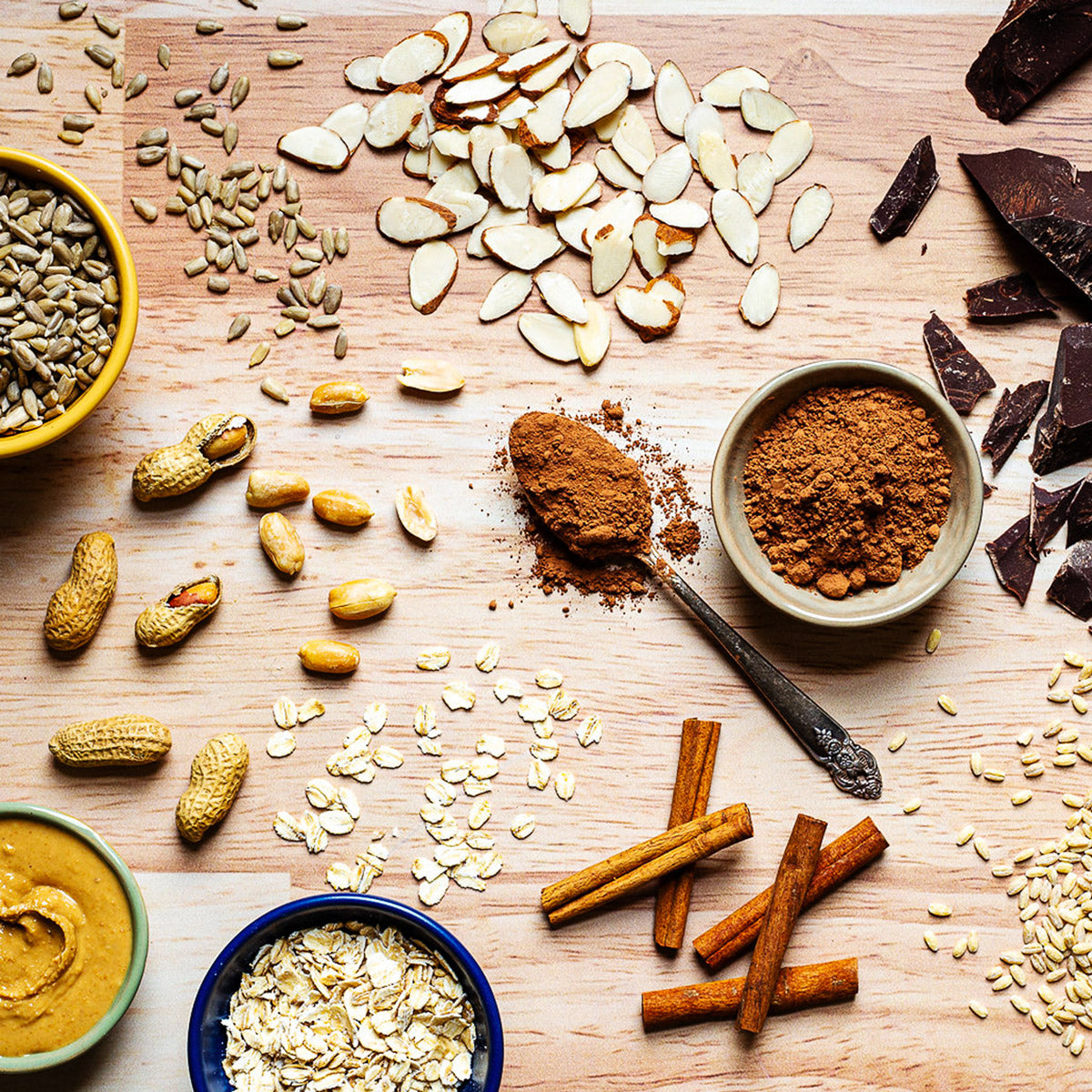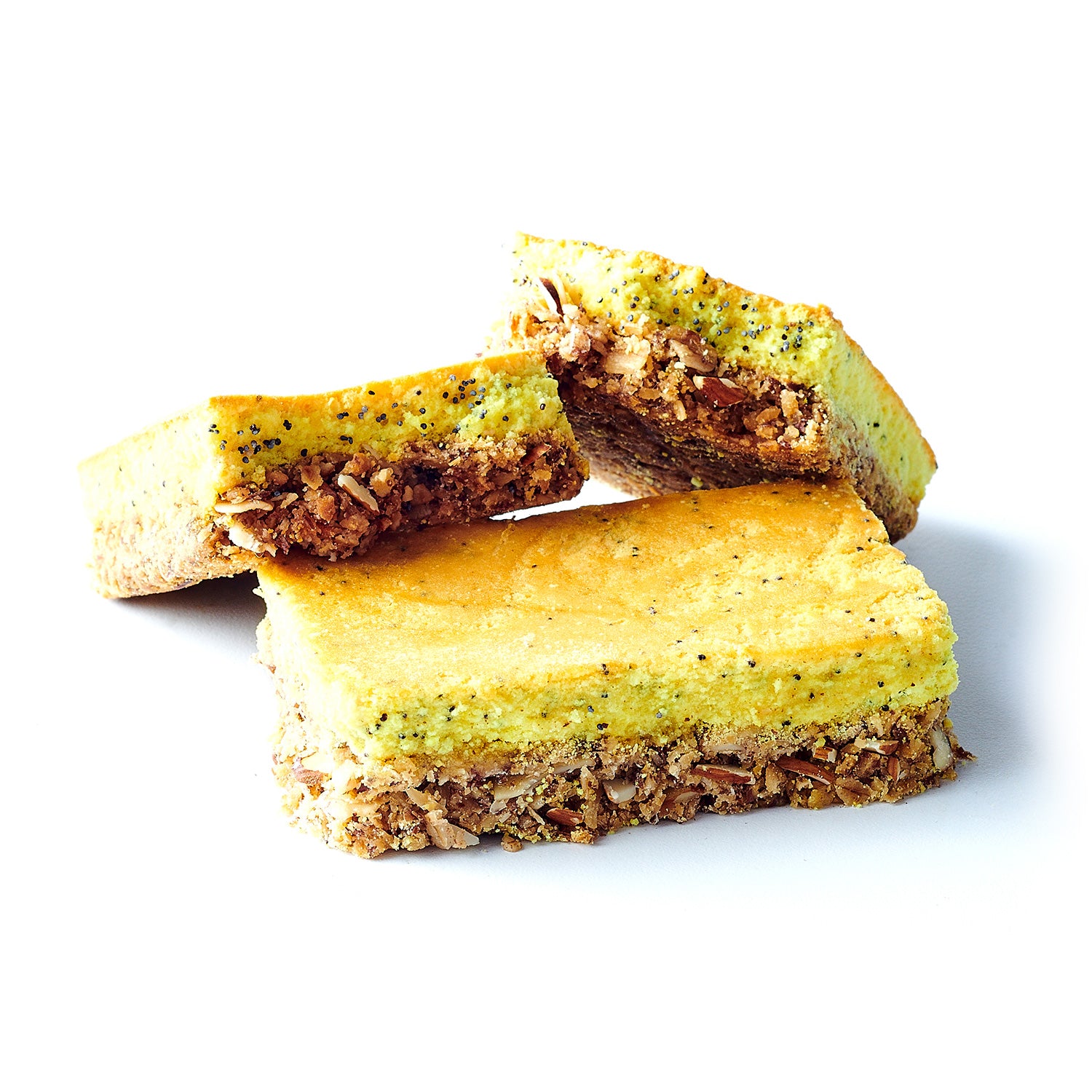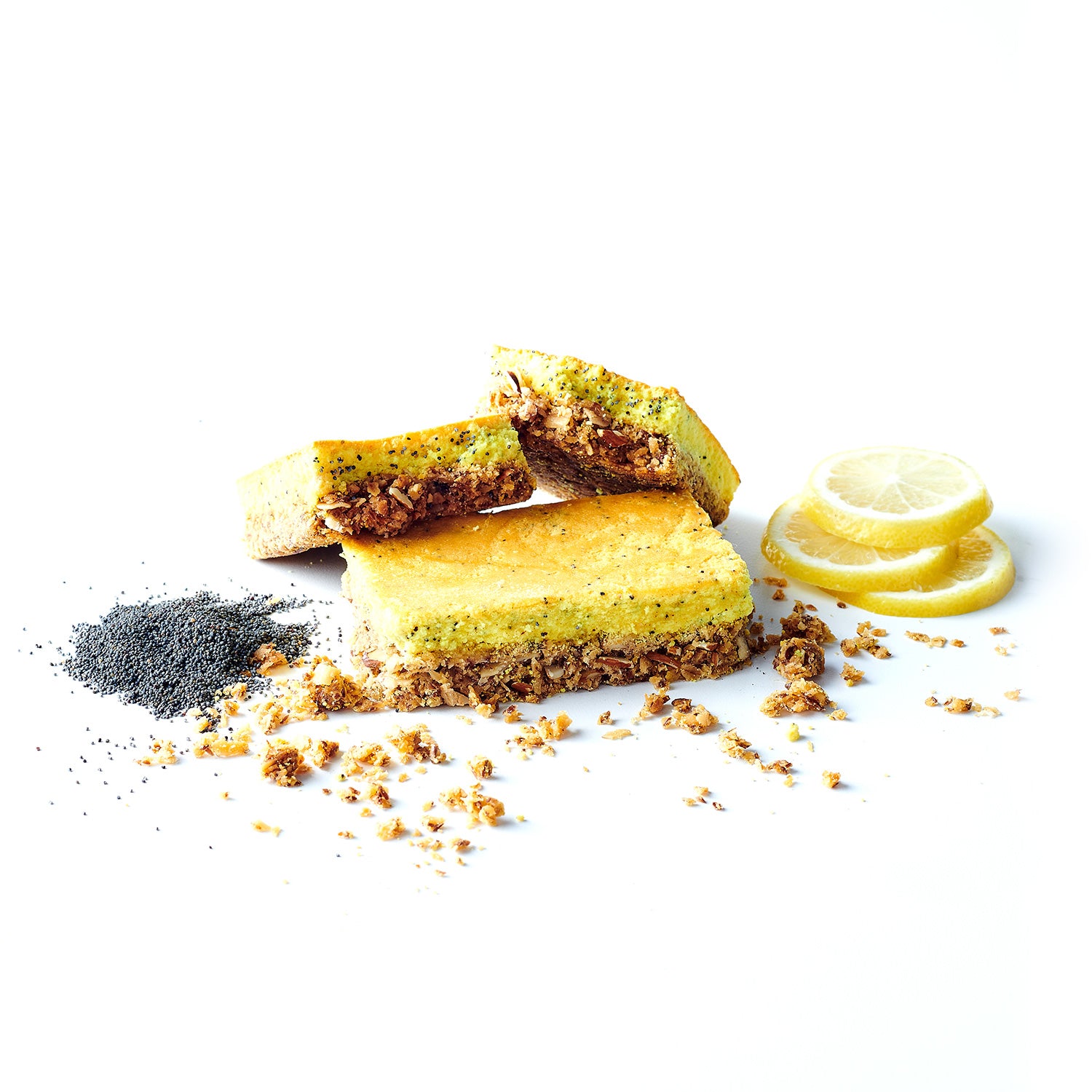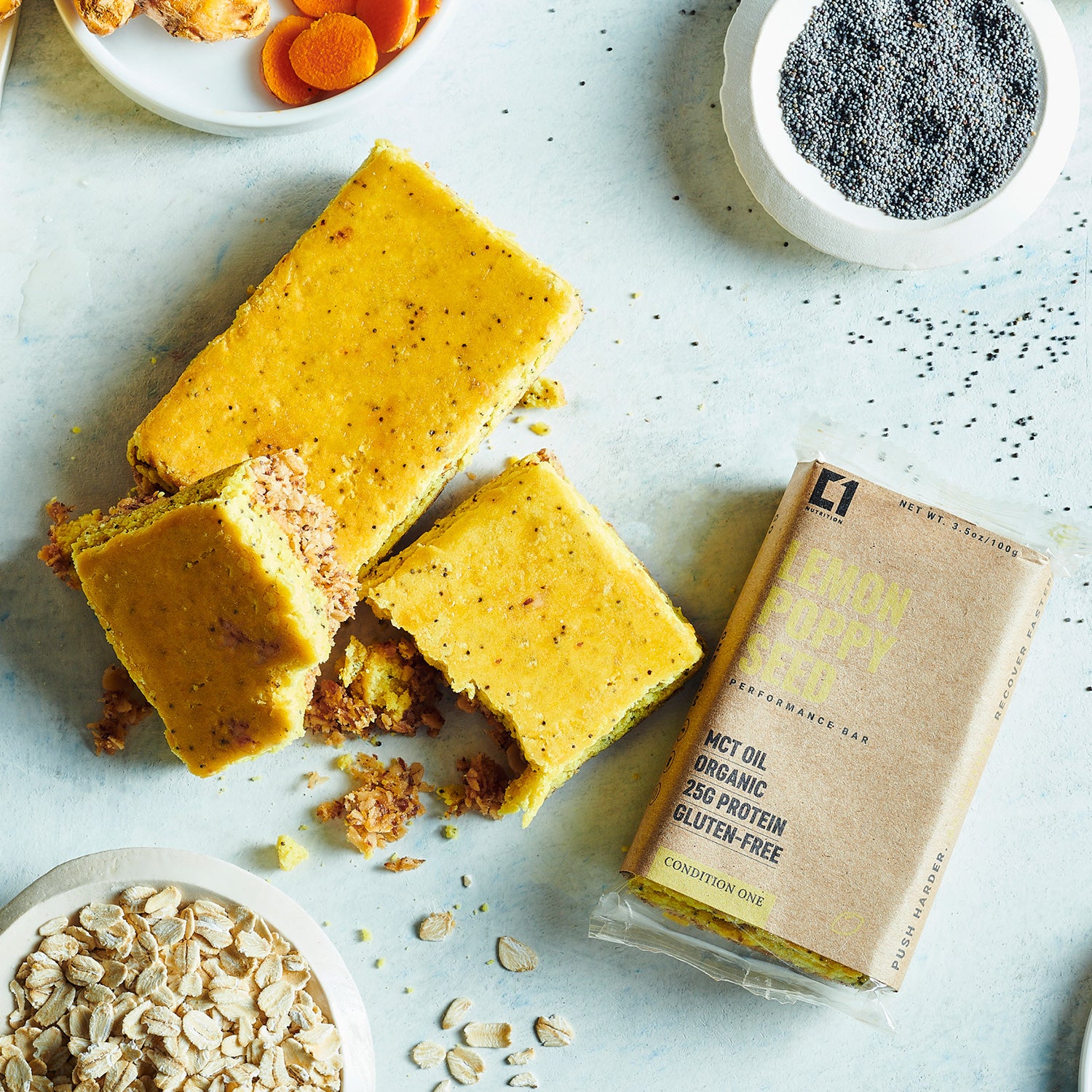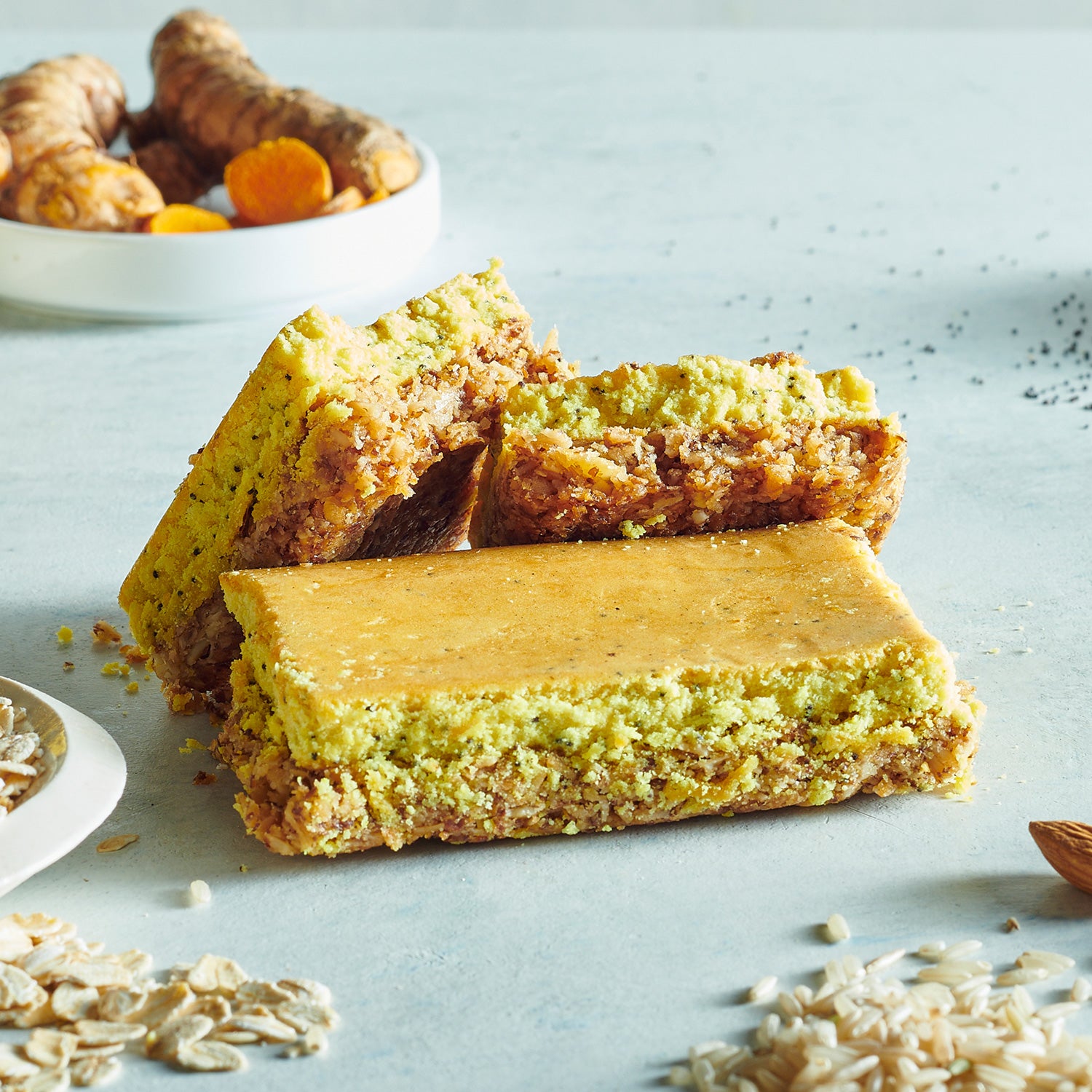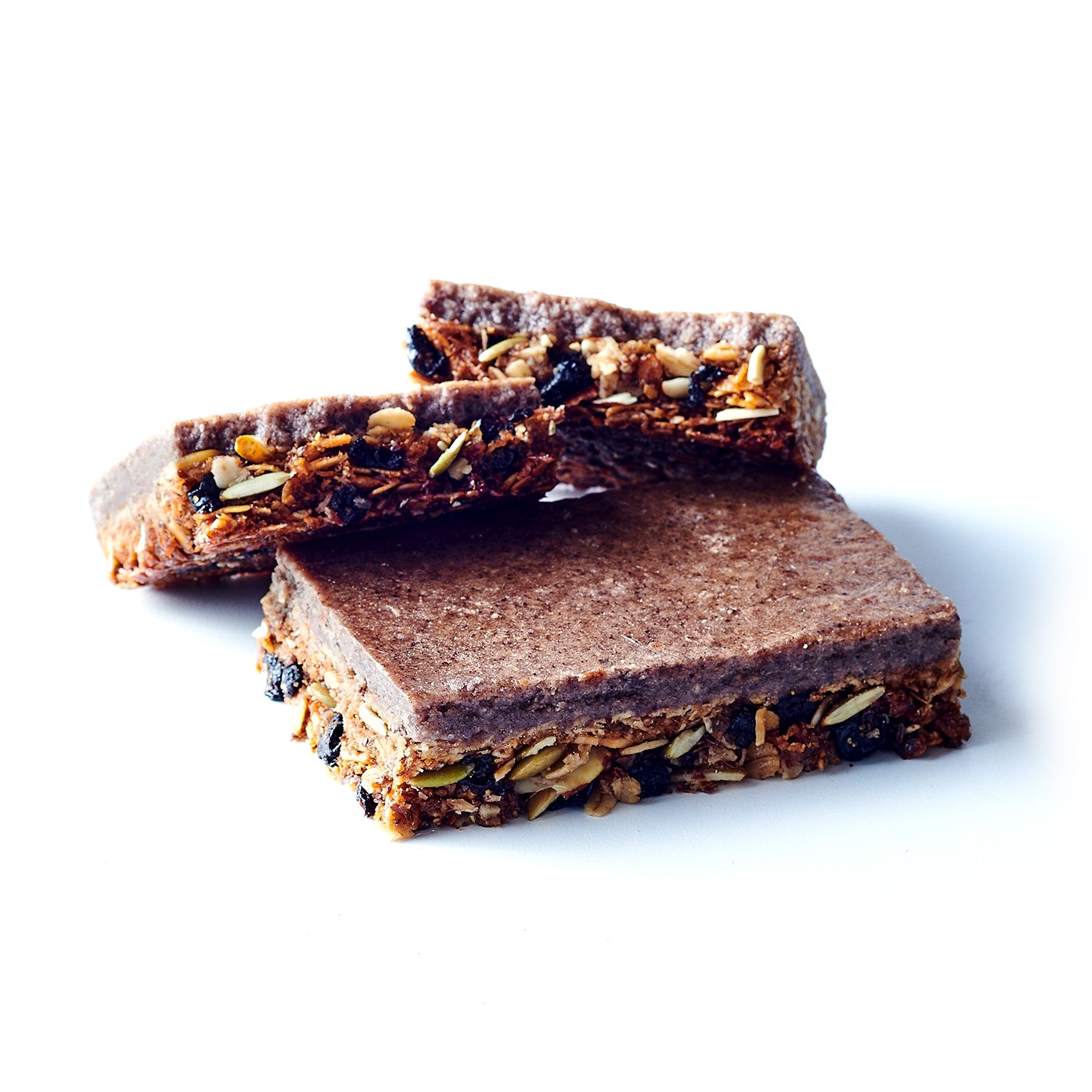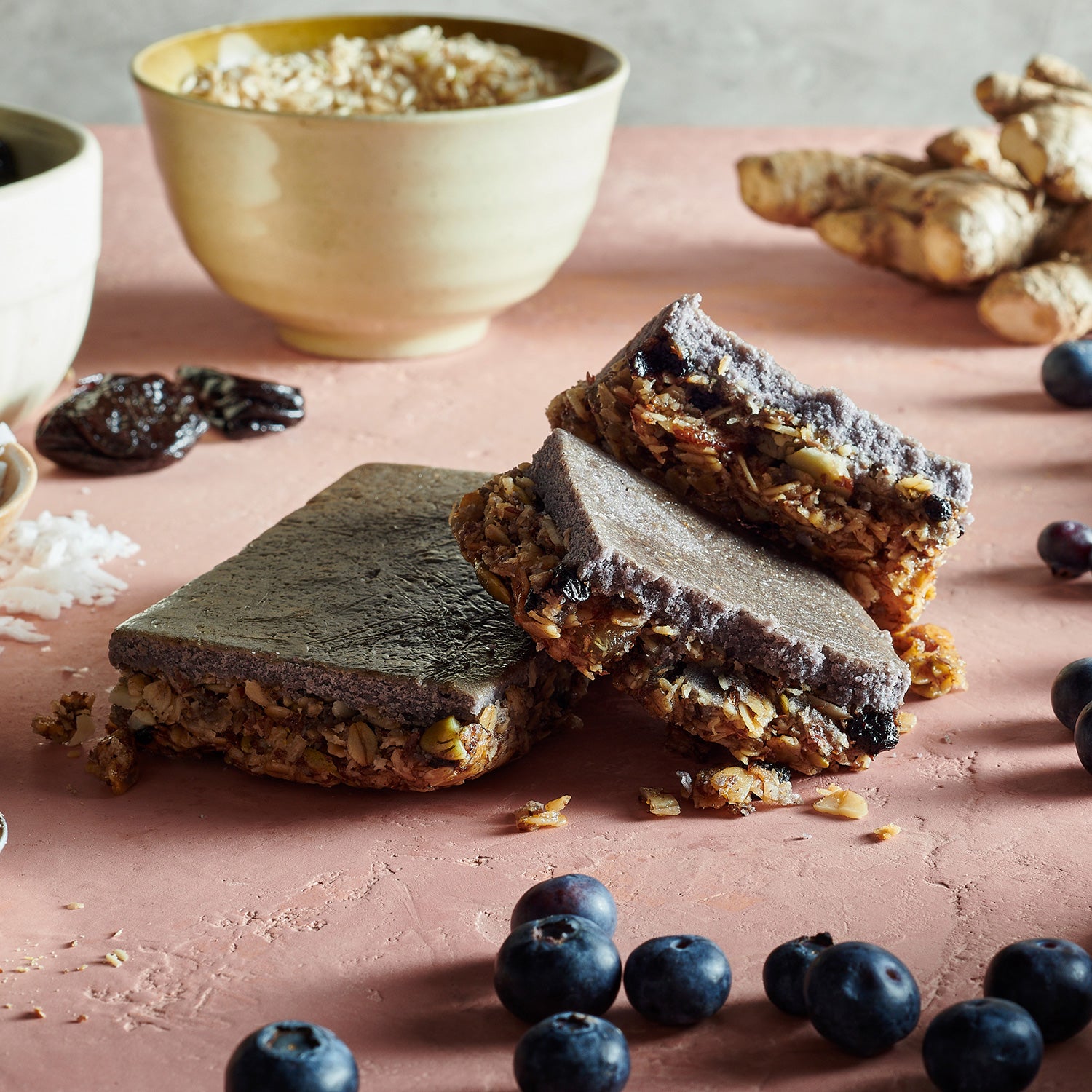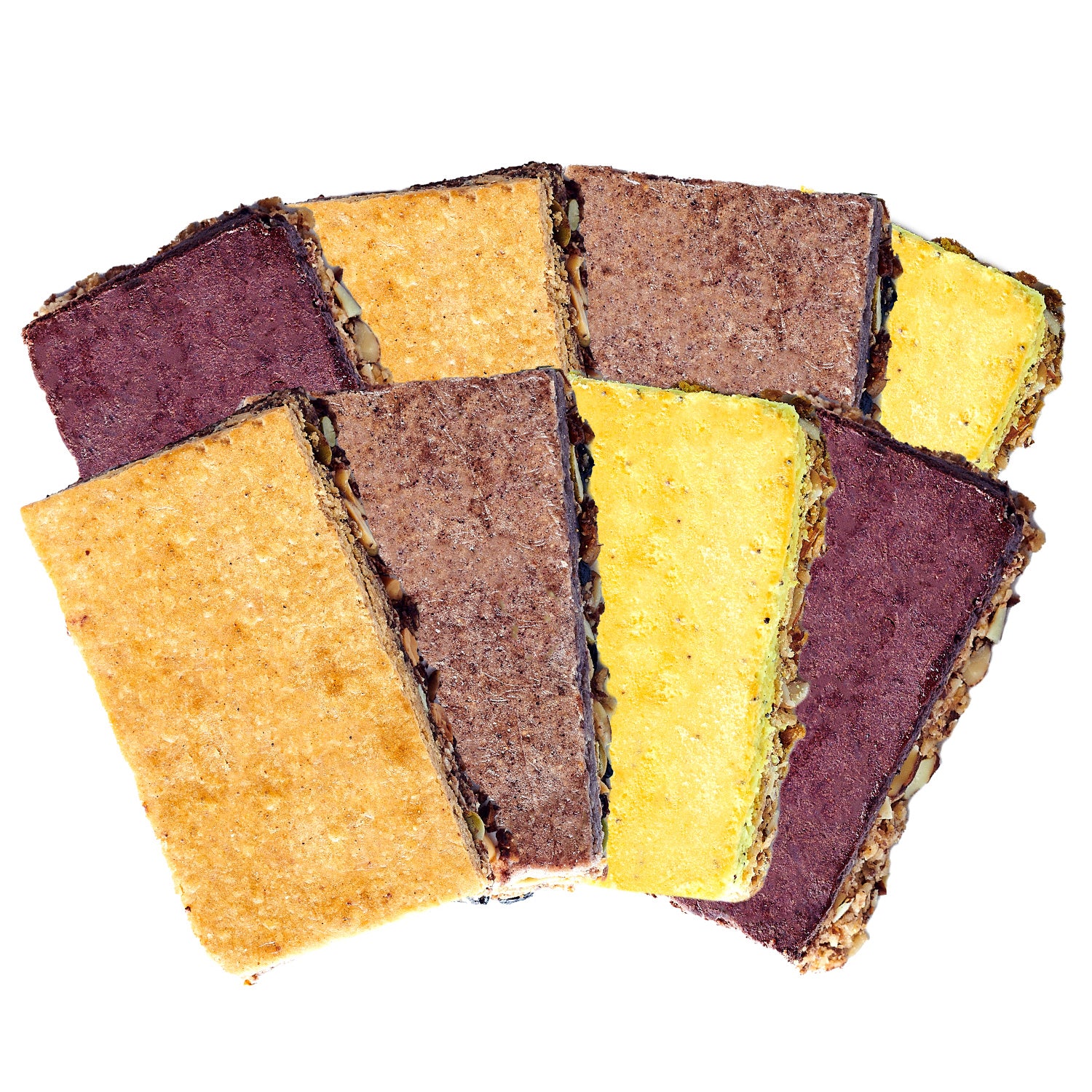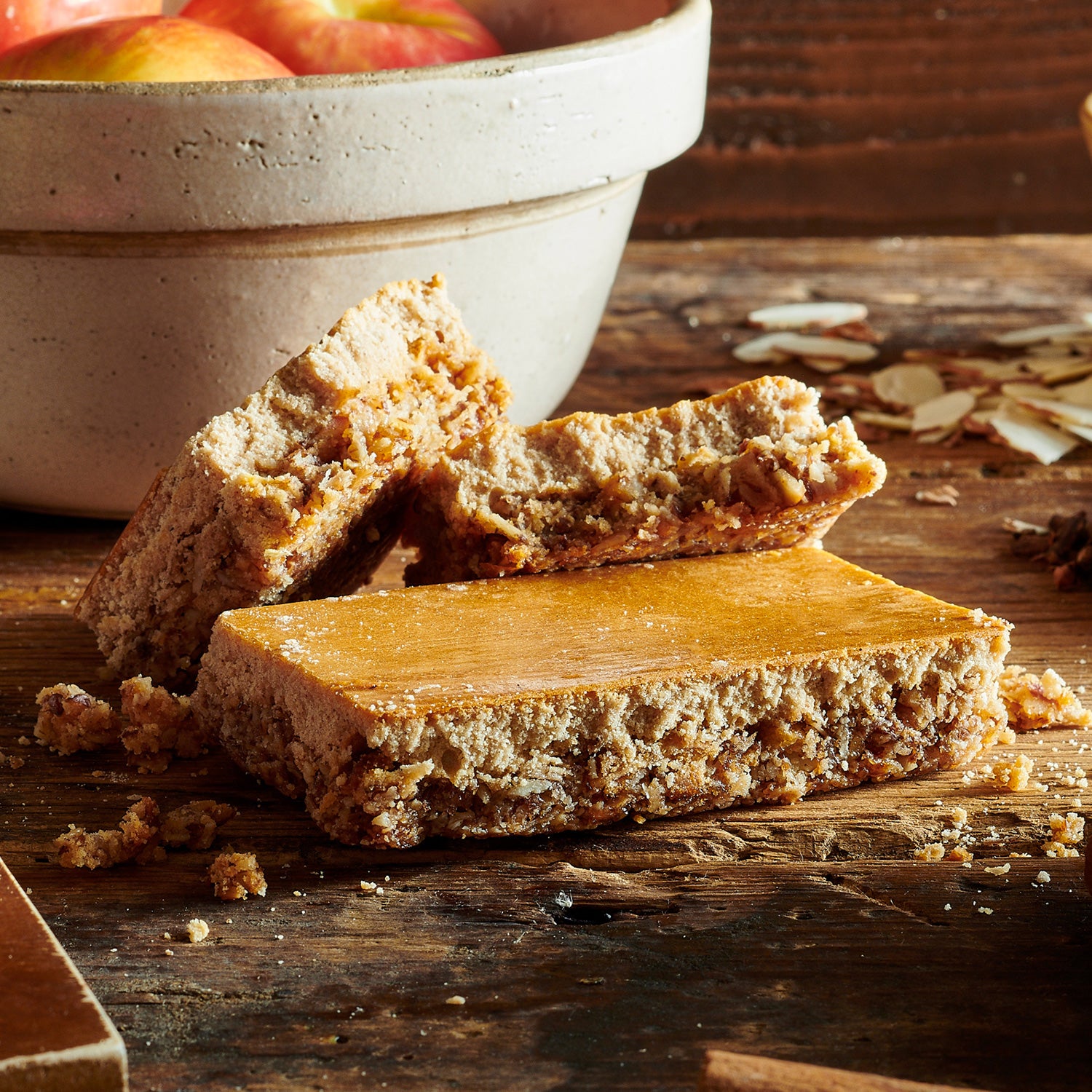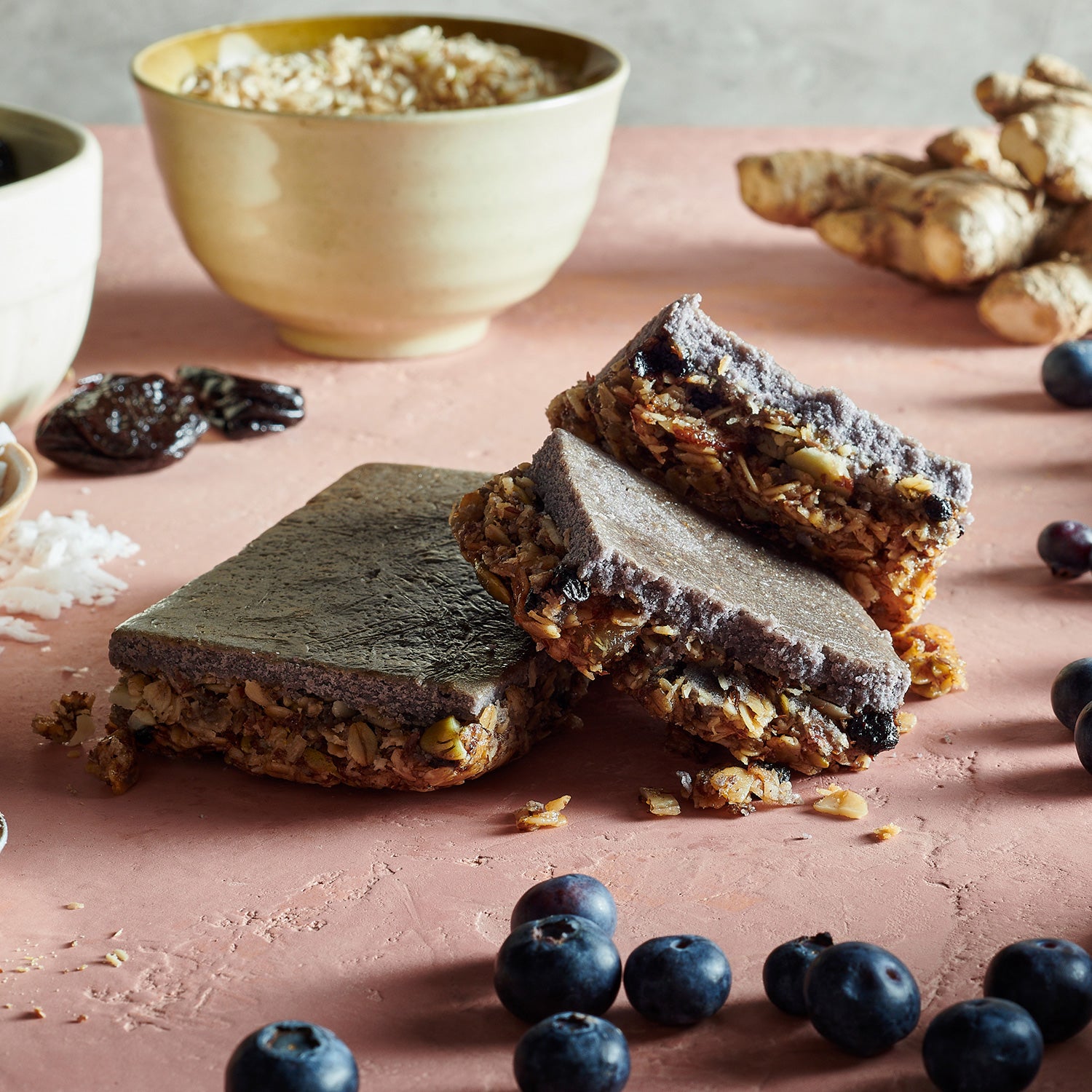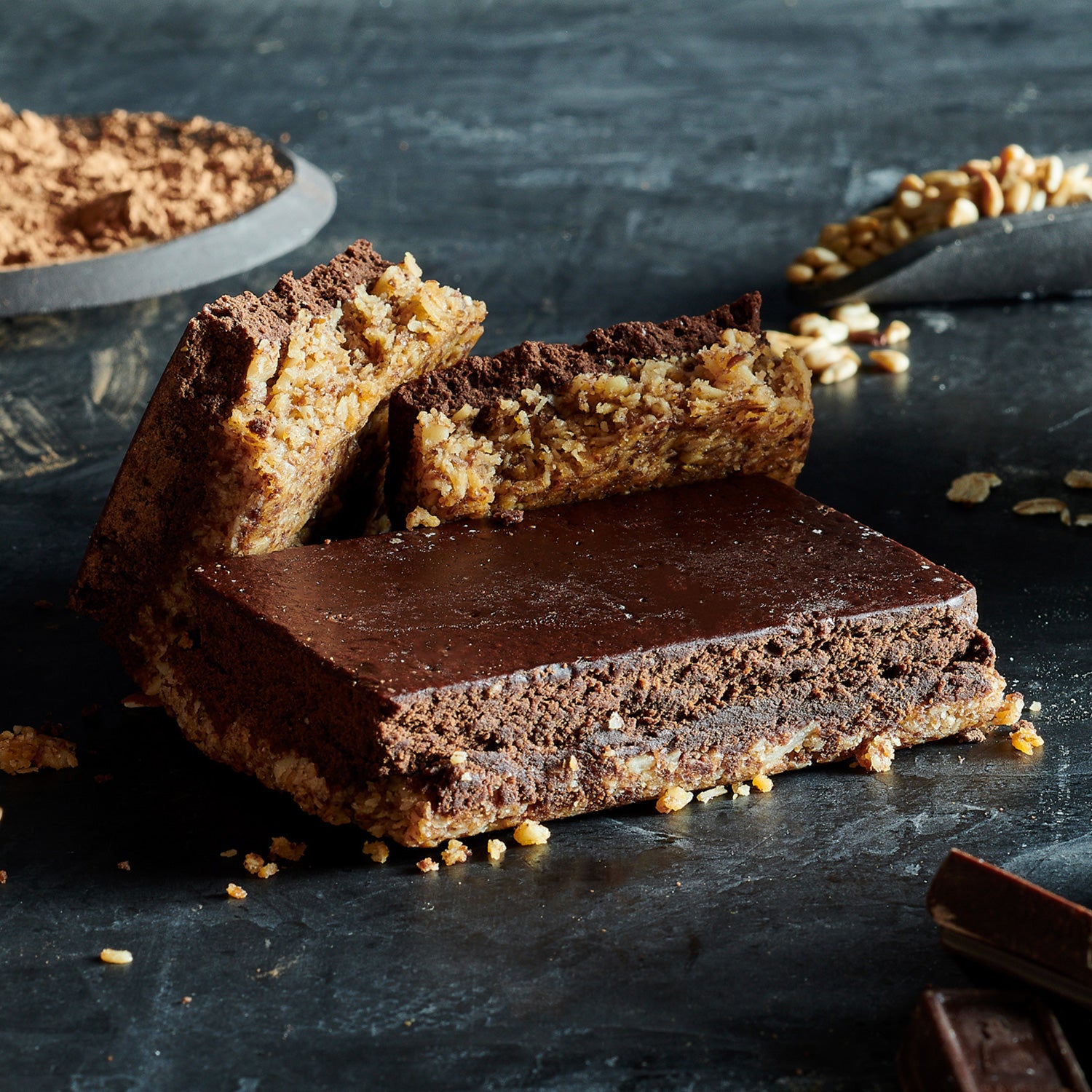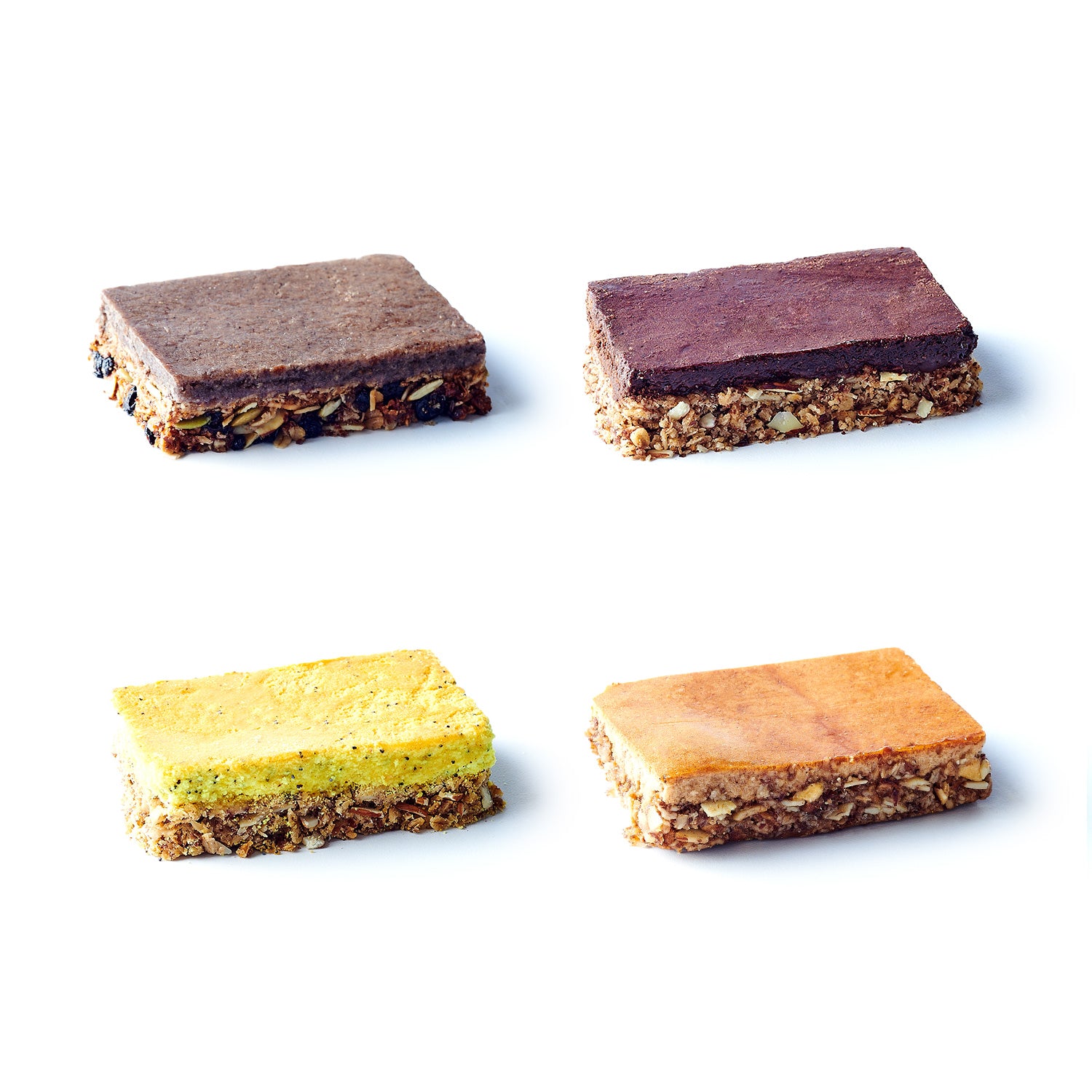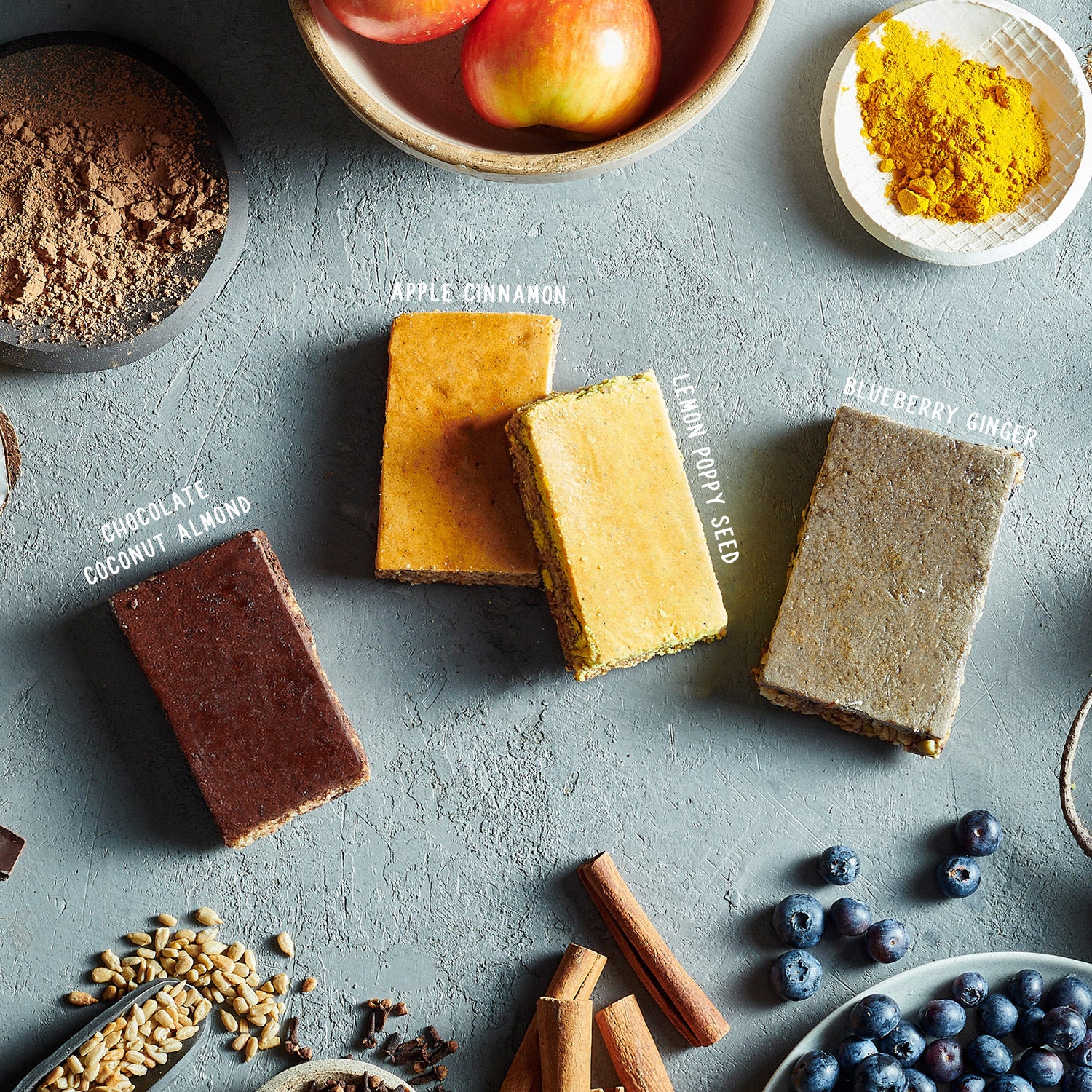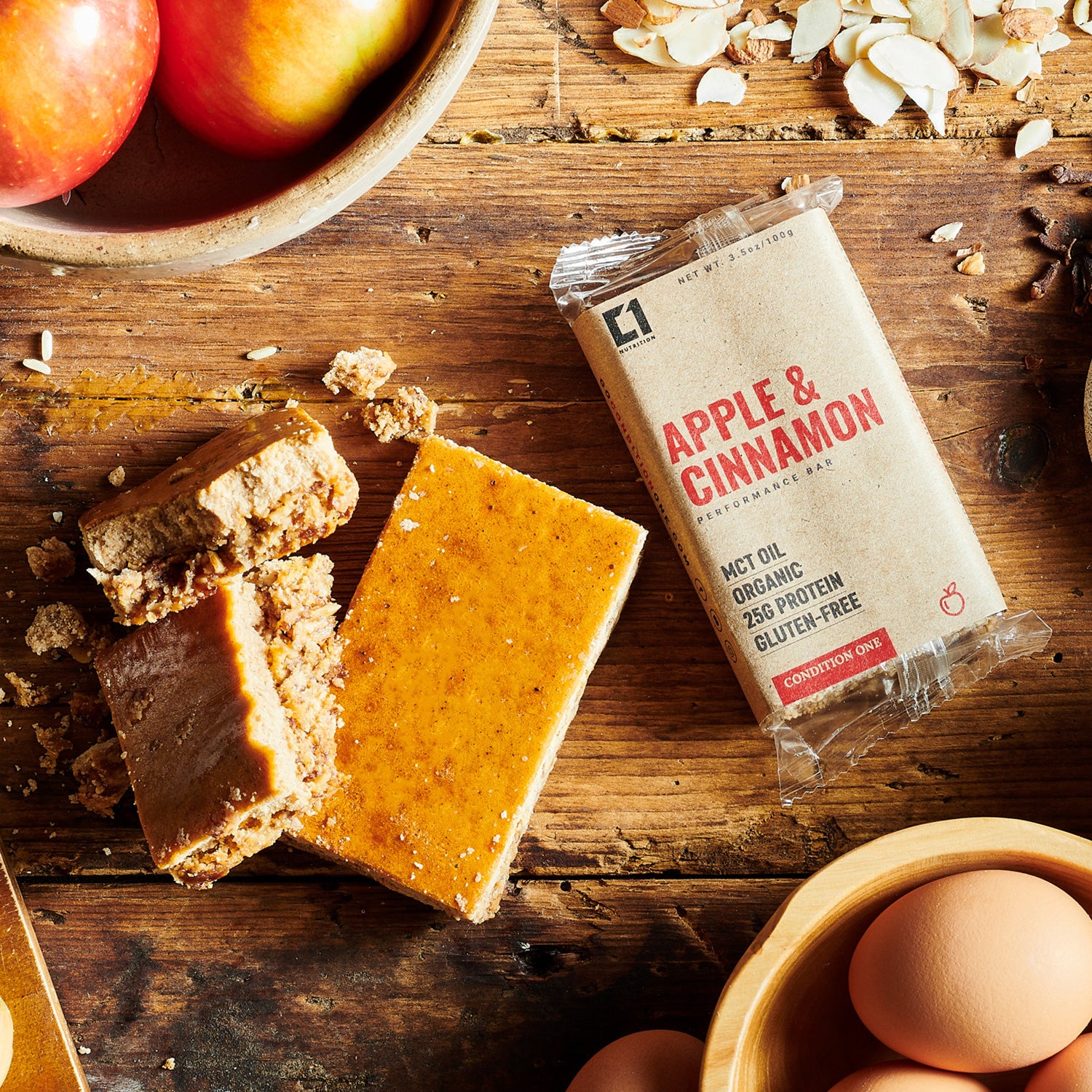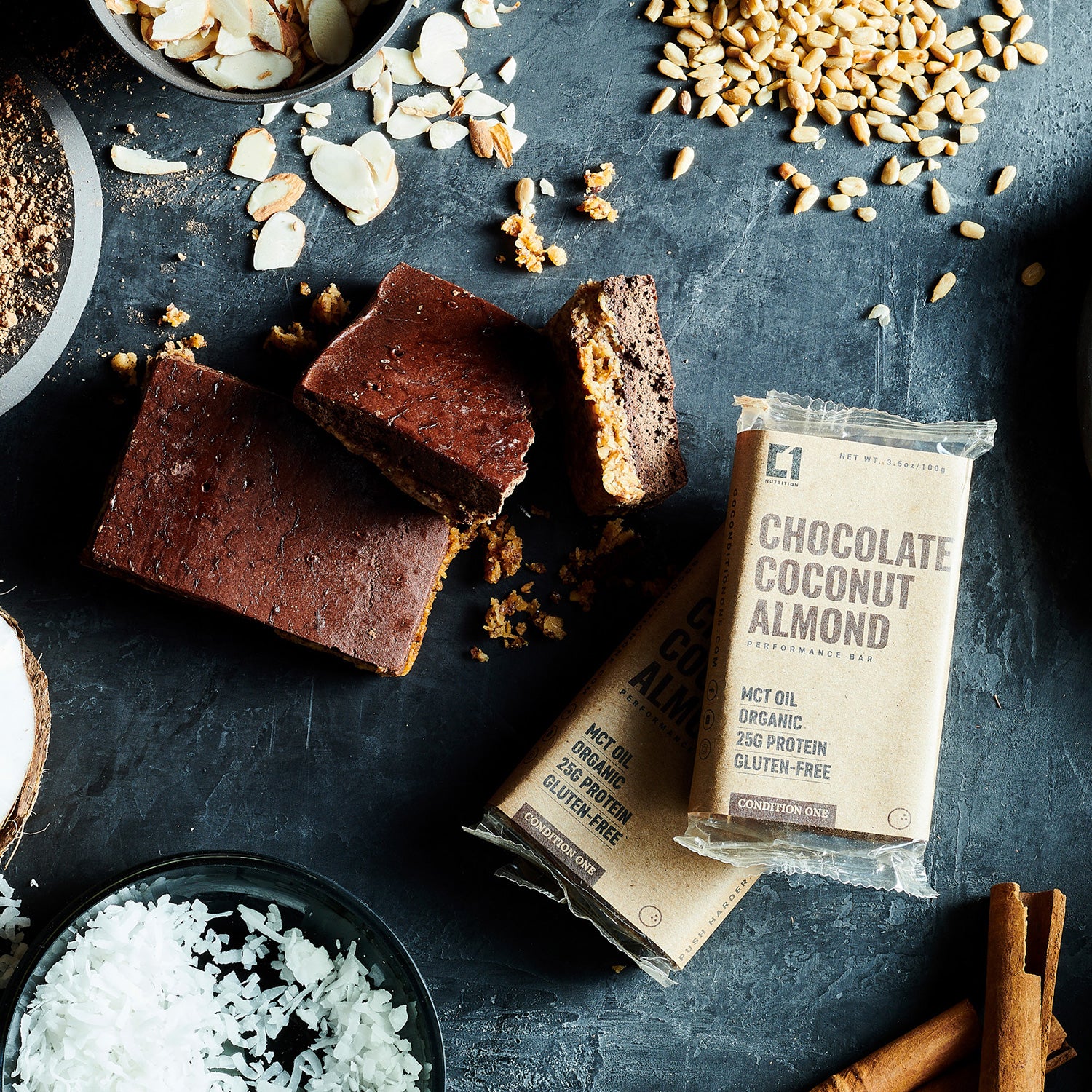Brandon Lilly is a retired powerlifting champion and coach. His current driving force for his training and diet is so his Jiu-Jitsu can improve, and he hopes to compete in Jitisu a couple of times and receive his blue belt in the next year.
Brandon’s introduction to Condition One came at the perfect time...
“To be completely honest, if I were at a different stage in my life, I wouldn’t have appreciated Condition One as much because when I was powerlifting, I didn’t really care about anything related to nutrition. It was all about calories at a maximum, BUT it just so happened that I met Matt (C1 Founder) right around when I was coming out of powerlifting. I was 350 pounds. I was trying to lose some weight, really to get where I was looking like a healthy person again.
“I approached them with a different kind of mindset. These are made from wholesome ingredients; there’s not a lot of extras, filers, or any of that kind of stuff. I really liked them and the fact that it was made by somebody who is a veteran and has been in the military, and the bars also circle back to redesign for how the military approaches its nutrition for its soldiers.
“Plus, there were a lot of heartfelt, positive vibes from the company, and the bars are great! Like I said, I wouldn’t have looked at them in the same way because when I was powerlifting, it was a self- endeavor, and it was all about me, but after powerlifting, I was able to see the good that Matt was doing with the company. I saw the idea that this could be something to fill in the void for a lot of athletes as well. It was the right timing, the right bar, the right people. It all fit really well for me!”
Question: Currently, I know you’ve been training other people, and you are retired from powerlifting, so for you, as far as fitness and training, what has that looked like for you?
“My biggest physical endeavors now are Jiu-Jitsu and hunting, so for me, the training has kind of evolved from heavy lifting, heavy metal kind of stuff to more wanting to be stronger. I want to be fluid; I want to be capable. I don’t want to have to consider myself the weak link in a potential adventure. When I was powerlifting, I couldn’t walk five miles. I can still deadlift 500 lbs. I can still squat several hundred pounds, but now I do a lot of kettlebell work and mace stuff. So I’m able to go on an adventure and not have any reservations or hesitations because I’m the limiting factor.
“I’m nearing 40 years old, and a lot of people my age are looking for that second-tier kind of adventure. For me, Jiu-Jitsu, as far as time and effort, has replaced powerlifting. I’m no longer trying to lift max weight. I find that a lot of people, whether they played college football or did another activity when they were younger, are now looking for ways to maintain their physique. I think that my biggest connection point has been figuring this all out as I go and sharing that story.”
Q: I was listening to a Podcast interview, and I like how you talked about hitting a maturity stride when you turned 32. Can you expand a little on that?
“The catalyst to that was men in my family don’t live to 75. I’ve had a couple of people very close to me, very young, pass away. When I was very young, I didn’t care if I lived or if I died because I didn’t see anything outside of what I was doing. I know it seems ridiculous now, but not trying to be a powerlifter but trying to be the best powerlifter in the world kinda put the thought, ‘ If I can’t lift big weights, what’s worth living?’
“There’s a very famous quote by Jon Pall Sigmarsson saying that ‘If I can’t deadlift, I don’t wanna be alive,’ and he ultimately died very young in pursuit of that end. So for me, after my injury-32 is when I got hurt- I realized this is the reality of your world if you keep doing this. The older you get, the heavier the weights get, the more the chance for injury gets.
“I went through 19 surgeries on my knee, a couple of surgeries on my bicep, my nose, and different things, and all of it just related to aspects of powerlifting. I just didn’t want to do that anymore, and I started to look at my life and what am I fulfilling with this thing because, at the time, powerlifting was the only thing that I had that was of any redeeming quality. You know, I was very negative in my relationships. It was very detrimental to my health, to myself. Being injured and not doing the one thing that I thought I was really qualified and good at put me in this depression. So I think having to look at myself and examine aspects of myself for the trajectory of who I was because I wasn’t a good person; I wasn’t a good friend, and I wasn’t good to the people that loved and cared for me in my life.
For Brandon, reevaluating his priorities led him to change.
“I had time to fix those things. I need time to invest in those people and show a different side of myself and really prove to myself that I can change. I hate to use the word holistic because it’s overused and abused these days, but it really was from a very organic need to save myself, so I could really be there for the people I had not been there for a long time.
“I used to prop myself up as a person around a perfection purpose, but after my injury, powerlifting became the platform to my purpose, which is to talk to people who are struggling and to talk to people who are in this depression, and they don’t think there’s anything on the other side. I’m not saying I have all the answers. I’m just saying; I’m an example of what can happen if you get to the other side.”
Q: What advice do you have for powerlifters or competitive athletes just trying to find that life balance?
“The thing about it is I will tell anybody with whatever their passion is that passion remains passions until they become poison. If you become so poisonous to yourself where five more pounds on the bar is preferred to five meals a week with your family or child, I think you just need to have an honest conversation with yourself. Ask yourself, where’s this going? Is it fulfilling? What’s it really giving you? I understood the pursuit of powerlifting, and the pursuit of more became the toxic aspect of it. There was never a moment of satisfaction.
“The lowest point in my powerlifting career was the moment that I won my biggest show because I raised my hand in victory, but I didn’t feel like I had done my best. I won the show. I beat some of the greatest lifters of our time, and I was disappointed that I didn’t do more. That’s where it becomes really toxic. So I tell anybody, look at your passions and then look at your people; If your people support your passions, it’s probably healthy. When the poison starts to step in is when you feel like the world is against you. Powerlifting is never gonna give you the same effect as or feeling even though it might be that dopamine hit. It’s never gonna fulfill the holes that you leave over choosing it over good people.”
Q: I think people tend to get discouraged because they may be looking at these people who are massive influences and celebrities, and those are the people they are striving to look like, but if they can’t look like that, they’re disappointed.
“I've never been good at cultivating photos, but you have a lot of people, and they’ll do one photoshoot with 20 different pieces of clothing when they’re shredded, and those will be the only photos they ever post of themselves. I think social media has lent itself to this idea, and obviously, you have photoshop and photo filters. I think that just lends itself to a different kind of viewership, where you almost build this impossible concept where people think this person is in shape all year long and getting stronger every single time they make a post. They don’t show you the times where it’s the in-between when they’re a little bit fatter or a little weaker. We do the highlight reel, right?
“An area that I’ve seen a lot of this in too, and I’m sorry to jump around, are you see a lot of these masculinity groups popping up around now, and I tell people masculinity is not for sale. Masculinity is self-identity. Masculinity is who we are through our manhood. I see a lot of this stuff, like those shirts that say ‘Lions not sheep.’ A lot of people put that shirt on, so you will know that I am masculine, which is like the same kind of billboard a big hulking physique is. They question their masculinity, or they wouldn’t have to tell you that they are.
“That’s where I try to step in. I’m not gonna tell anyone how to live. I’m not going to tell anyone how to subject themselves to this thing we call life, but I will show you how I live mine. I’ve seen dark days. I’ve had a pistol in my mouth. I’ve done too many drugs. I’ve drunk too much alcohol. I’ve done all of it, but on the other side, I’m waking up every day and telling you how much I appreciate a rainstorm in the spring, you know? It’s not like I went through this massive reconstruction overnight. It’s a gradual evolution. It’s not a ten-week program. It’s not a tee shirt you can buy. It’s not a muscle you can build. It really is an internal shift in perspective of the world around you and also yourself.”
Q: Going off of that, C1 has been a company for about five years. With success, we’ve also gained hate. As you found success, what advice do you have to sort of just block out the haters?
“If I believe in what I’m doing, then it’s good. I’m at a point where I have a reasonable compass on what is good and what is within my code of ethics. If someone is doing something sketchy behind closed doors and someone calls them out. That’s not hate; that’s guilt. If you’re doing things the way you tell people the way you are, you're clear about it; you’re expressibly blunt about who you are and how you feel. That's self-acceptance. Self-acceptance is a wonderful thing, but it’s not a movement; it’s a singular choice every day. Self-acceptance is ‘This is who I am. I’m okay with this. I’ve accepted my guilt. I’ve apologized for mistakes.’ If someone calls me out on something and I choose to believe you over my own internal voice, that’s no longer self-acceptance. I’m accepting what you say. True self-acceptance is understanding that this person either doesn’t understand me or they’re reflecting what they feel about themselves upon me. Why does a beautiful person make a somewhat less beautiful person feel guilty? The other alternative to that is just accepting that we’re both beautiful people in different ways.
“When I was powerlifting, I had a lot of haters, but I was also on that propped-up throne. I had to tell you I was the greatest. In between the times of proving it, I had to remind you, but if I didn’t care what you thought, I would have just let my trophies speak for themselves, but that wasn’t enough flash for me. I needed everybody to admit that I was the best. I would encourage anybody that does anything at the level of trying to do better for themselves or a company or whatnot. As long as you have a clear code of ethics and you’re truthful about what you’re doing. You represent what you’re doing well, and you don’t try to be something you’re not. If somebody hates on that, think about what they’re hating on. They’re hating on honesty, on ethics, transparency. Is it even hate at that point, or is that person just having issues?
“I don’t pay attention to hate anymore, but I get messages sometimes where people just question things, and I don’t understand why they question them. I look at the internet, and I look at one post that I think is objectively good, like a father chopping wood with his son. That’s something that’s valuable; that’s something that shows connectedness. There are gonna be haters on there no matter what. “He’s gonna chop his arm off. You’re a terrible parent.” There’s always going to be some negative stuff.
“Can you imagine the human being who gets up in the morning excited to get the dopamine hit of turning their computer on, so they can just go talk shit? If somebody called me out on some real shit, I would address it. If someone asked me some hard questions or challenged my opinions, I welcome it if it’s respectful. If somebody was just flat out hating or just trying to start trouble, there wasn’t a second strike policy; they get blocked.”
Q: Now that you are more focused on functional fitness and nutrition, we do get a lot of comments on the sugar in our bars, and I know you’ve evolved a lot with nutrition. Our bars have 18 grams of pure cane sugar, and it seems like that’s been our number one complaint. What do you think about that?
“I think if you’re going to source this bar for what it should be sourced for, this is something to sustain you during a high function activity. It’s why we put high ether alcohol in drag cars because they utilize that much quicker. That’s the way I've always looked at it: the ether alcohol versus gasoline. Gasoline is a lower burning temperature, and it’s going to get you further. That’s essentially our fats. The protein is the rebuilding factory- kind of like if we have a drag car in between every race, you have to break it down and build it back up, so the protein becomes the rebuild, and the sugar is the quick access. So if we’re doing something high intensity, like a workout, that sugar we ingested either before to give us the boost throughout or after to replenish what we just took away is going to be utilized first and foremost. The protein isn’t going to take into effect but is going to carry us out until we eat again. It’s actually a perfectly designed bar if you’re utilizing it properly. Like if you’re trying to eat this three times a day to replace every meal, yeah, there’s better options, but if you’re somebody whose in the middle of a hike or any type of exertion in any type of fashion that sugar is going to be utilized and absorbed and digested, first and foremost. It’s not meant to replace single option food sources. This is a replacement bar for sustained energy and replenishes energy that’s been burned.”
Favorite Flavor?
“I think straight out of the pack I’m gonna have to say the Lemon Poppy Seed.”
Oatmeal: Apple Cinnamon + Almond Milk warmed up. “It’s a different kind of filling. I love that warmth. I love the flavor!"
Follow Brandon
Instagram: @brandonlilly3
Interview by Camille Borodey (camille@goconditionone.com)
